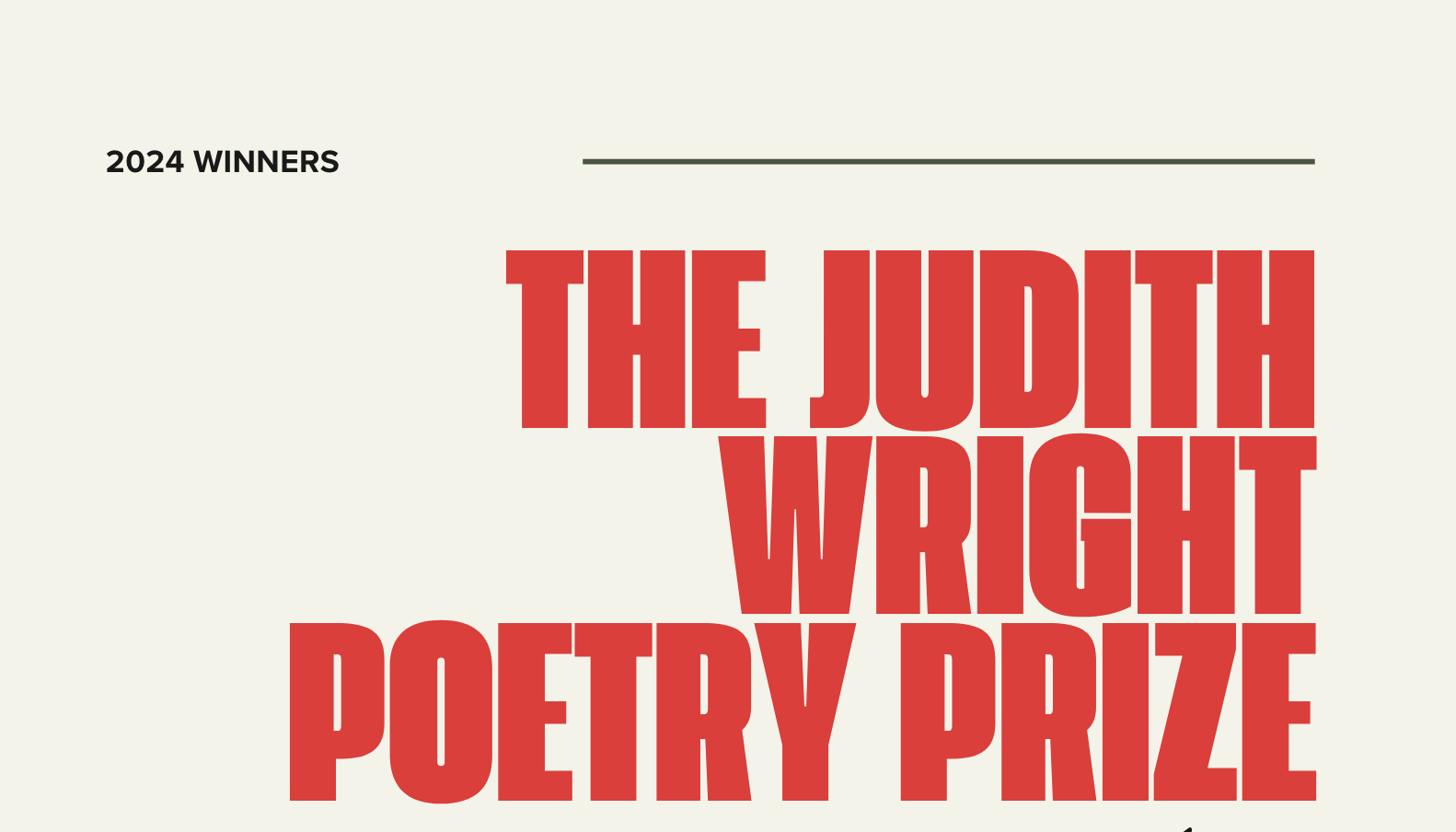A Sapphic collaboration
That it's pure, when it comes from their mouth, well I'd
spend two dollars on earplugs. I'd drink milk and
cider together. See a green object move
around a window
One
of our first meetings prompted that poem writ
ten
in English then self-translated into
Chinese
ad hoc without your knowledge but
No free cigarettes
The little tribe approach the statue and read
the inscription. I thought they were ghosts but now
I've a new prescription. Wear a red sash and
vote for competence
Any
more. Back to twenty zero zero
When
you called and said: Are you mad or something
I,
for the first time, realised someone did
Care, white as she is
Imprimatur before its time cons a vice—
getting nostalgic for last drinks, freedom was
the coincided dream she polishes like
a saint at breakfast.
Her massive smoke hinges through his tinder, its
female fry a script that writes itself. She can
hear the sharply dented air around this guy—
here comes her poem.
In turn, undiagnosed visions ran rampant—
the penultimate hook, the cohabited
skin: shipping out, keel-jammed, in search of a less
public solitude.
Meanwhile the basement carpark fills with liquid,
spreading thin as mirror, turning; discandied
images drift, open-mouthed, to the entrance.
Lines come into sight.
A few photos in the altogether prove
nothing. Disinhibited, sure, and Nordic.
Just tomboy types relaxing, taking the air:
kind of genius.
then that redolence died and it was natural
landlords every/nowhere, like reeds, or romance
and the economy wilfully obscure,
a bulletin smeared
Jealousy’s too bad. If our paths cross, don’t blink.
At least we’ll get to share the thrill of being
discreet (discrete), explicit, inviolate,
imperturbable.
erupting into a palm, light from a phone.
space tourism going wrong, and maybe right
sound of rescuing a horse from a mine shaft
what, all ultimate
creak / your house tortured like an albatross / where
children squawk your name over / and last birds call
hearing birds fall out of trees / the wings of home
enfold you and lock
Value this longevity paired with distance
over depth; for neighbourly chitchat, insert
real talk only every so often, growing
lean as a poem
factory birds pipe like an alarm / we lay
the falcon / before the rain birds whistle and
you become a statue they mate and peck on
above the traffic
Ranging wild from heat of the west to inner-
city raining Melbourne or raining London
your sun not receding like tail-light, still high-
beam on the long road
Go to city galleries, taking stock of
culture past and present and filtered always;
west to east and back again, hook turns, long straights.
Swan River → Yarra.
an exhortation condenses and appears
with statue draperies positioned now to
break magnolia tessellated silence
insert routine bell
Light will fasten firmly on claw and talon,
and so gods will take their place inside blankness,
listen hard to what comes of flowers holding:
gravel road back home.
gilt curlicues will be briefly permitted
while protesters reveal the street’s true function
building new monuments to intuition
glyphic present tense
At the bar you stifle a desire to spit
like the camel you watched when flying out of
San Francisco (missing the Bowie rerun
for the second time
Because if, as you have it, each poem says
fuck you to the last, this one should do the same.
It should throw down the gauntlet, cause discomfort,
pull us into thought.
and accidentally hitting nature docos
which spooked you but the camel made sense, grinding
molars like a day-tripper, like the people
drinking behind you)
And if description starts to get the better
of our lump of sand, we can look once more to
those strands of poems you hate. Still an apt guide
for what not to do.
Motor breeds a tight, dark plane where silky spills
Now in, now out, an exit hesitated
or phantasm suggested with broad issue,
crystal hard magma.
Fringe sittings outlasted lunch market a maze
Choice of tones, shades—season Rosa (Luxemburg)
Politics of ultramarine feeds summer
She knows the orbit
Feedingly we moped, but regained our sassy
Once she was among us, bringing the future
Swathed in the kind of brow we could only hope
For. This. This happened.
Crescent cut the rooftops, city of imprints
Two decades plane trees half a ring but who counts
Bells pre-Christmas burnt through sun—embankment stones
Regards amethyst
Or Orpheus, chopped head flotsam on shit creek
and still he can’t stop talking—Now your thoughts on
politics, please, while I wash up—A night sky,
he’d show the saucepan—
Pure Bane: the fire rises. Aperitifs change
but the purpose of the meal remains the same.
we feast on the detritus like a business
like a hospital.
Now show me the marks where the cut head starts self-
grafting—says, ‘Look at you, making the whole room
gloomy’—Yes, he checked—‘She was always shit at
following orders’—
Siri, we can’t assume the car isn’t packed
with enough small screws to atomise a lie
when the bomb detonates and the poem mewls,
unslakeable thirst.
If life were a rapprochement of adjectives
Companion words would populate Union Street
We scratch all our names on love’s carbon footprint
Skirt driveways of fate.
Only you can write an urban calculus
Of Sydney Road madonnas in gilt-edged frames
The inner north as true north Jerusalem
Bel cantos equate.
The poets:
Michael Farrell (1 & 3)
Ouyang Yu (2 & 4)
Louis Armand (5 & 7)
Bonny Cassidy (6 & 8)
Kate Lilley (9 & 11)
John Hand (10 & 12)
Toby Fitch (13 & 15)
Tracy Ryan (14 & 16)
John Kinsella (17 & 19)
Ella O’Keefe (18 & 20)
Kate Fagan (21 & 23)
Aden Rolfe (22 & 24)
Melinda Bufton (25 & 27)
Nguyen Tien Hoang (26 & 28)
Lisa Gorton (29 & 31)
Liam Ferney (30 & 32)
Ann Vickery (33 & 34)
Edited by Corey Wakeling
Afterword – Corey Wakeling
This poem, compiling seventeen poets’ contributions, celebrates the occasion of Australian poet Gig Ryan’s sixtieth birthday. Gig Ryan – a poet whose work cites the many philosophical and political problems of the contemporary world, yet has the contrary aesthetic reputation of untimeliness, ambiguity, angularity, even defiance. ‘On the Occasion of Gig Ryan’s Sixtieth Birthday’ invites a transhistorically important poetic form – the Sapphic – to unnerve as well as inspire the collaborative ideas of seventeen contemporary Australian poets regarding a significant occasion and an experimental brief.
That brief involved confidentiality, blind courage, generosity, and an embrace of contingency. More than the seventeen participants were invited to write for this panegyric, all of whom I knew to be admirers, friends, or readers of Ryan’s. Some poets who were solicited chose not to participate, and always with good reason. The constraint of a verse form, writing for an occasion, and collaborating blind, after all, are not for everyone. The collaboration is then limited to the editor’s knowledge, the caprices of poets’ time, capacity, and interest, and the punts of a few who wanted to see how it would turn out.
Those who were Ryan’s contemporaries during her formative years are absent from the collaboration, and I welcome this lack of representation. ‘On the Occasion of Gig Ryan’s Sixtieth Birthday’ has no critical or representative mandate propelling it. It is not a retrospective. Instead, it is an engagement with the semiotics of a moment in time, and an occasion to collaborate. Moreover, the poem experiments with the occasion, rather than erecting a monument to it. This is not Ryan’s peers patting her on the back for years of service, deserving as she might be of such praise. I’m not sure that kind of gesture is in the spirit of her work. Luckily for me, as facilitator and editor, no contributor construed the collaborative occasion in such a denotative way.
Anyway, I solicited poets I thought would be game for the contingency and the blindness of a collaborative moment in recognition of a poet I know many adore. There was little risk something boring would emerge, the likelihood instead being that something unwieldy would. Again, I was lucky. The work, you might agree, has surprising unity. Confidentiality was vital to the surprise, vital to a lack of anticipatory collaboration, as well as vital to the surprise for Ryan.
The call was made in May this year, soliciting the submission of two Sapphic stanzas. When compiled, these stanzas would be braided consecutively with another poet’s stanzas. A contingent collaborative architecture using the Sapphic stanza – three 11-syllable lines, one 5-syllable line – purls the kinds of classical poetic histories referenced in Gig Ryan’s work with the present tense of the Sapphic. Such an experiment invokes Sappho’s paradoxical legacy: lasting significance to the fields of gender, sexuality, and politics, constituted of a poetry in shards and glimpses.
To perform this collaborative experiment using the Sapphic stanza as a building block too recalls Ryan’s associates from years gone by who have experimented with the Sapphic, like John Tranter and Martin Johnston, or well-known employers of the form in literary history that we know Ryan has read, like Dryden, Swinburne, or Pound. Of course, the Sapphic also recalls Ryan’s expressed interest in Sappho herself (see: ‘after Sappho’, a translation of Fragment 31, in Pure and Applied).
More interestingly, maybe, the transgressive and paradoxical heritage of the form entails contrarieties that contemporary poetry courts, and which Ryan’s work has exacerbated and enlarged. As a classical form and poetic tradition at the same time associated with radical and especially sexual politics, the Sapphic proved a meaningful building block for a panegyrical poem on the occasion of Ryan’s sixtieth.
Like Gig Ryan’s poetry, the collaborative solicitation toys with an impossible harmony, a harmony of experiment and history. Fredric Jameson would call this ‘rupture’ and ‘continuity’, mutually reliant terms critical to modernity. I envisaged a hands-off kind of editorship of these fragments, letting time – the time of submission – determine the collaborative whole. The only editorial query I brought to bear on contributions was syllabic. The poem that emerges is an entity of poetic ruptures brought into strange continuity born of the happenstance of poetic collaboration.
The creative achievements of this collaboration are over, and as its editor, reading it engenders great satisfaction. In many ways it is not a good panegyric, not good in the sense of a noble congratulations for a long career, or a fitting encapsulation of an oeuvre’s growing importance. Such funereally inflected tonalities would be the wrong way to acknowledge the poet at this milestone anyhow. Recent poems by Gig Ryan show us that she is implacably contemporary and a leading catalyst for literary innovation not only in Australia, but the world. Ryan is a poet to be anticipated, in other words, more so than to be remembered for past work.
But past work by Ryan has been important for Australian poetry. The occasion has inspired free association as much as reflection. Like Ryan’s poetry, this poem, I think, generates its own kind of autonomy within a field of overtly contemporary references. The irreducibility of justice to the apparatus of the law, and creative possibility to the frailties of the impulse – maybe on these matters the poem and Ryan’s work meet. In this poem, it is as if the concerns of cultural and historical inheritance, and the possibility of justice, were shocked into action on this occasion of reflection and experiment. As in Ryan’s work, such concerns seem to sit boldly upon the surface.
Image: Detail from Gig Ryan’s New and Selected Poems (Giramondo, 2012)




